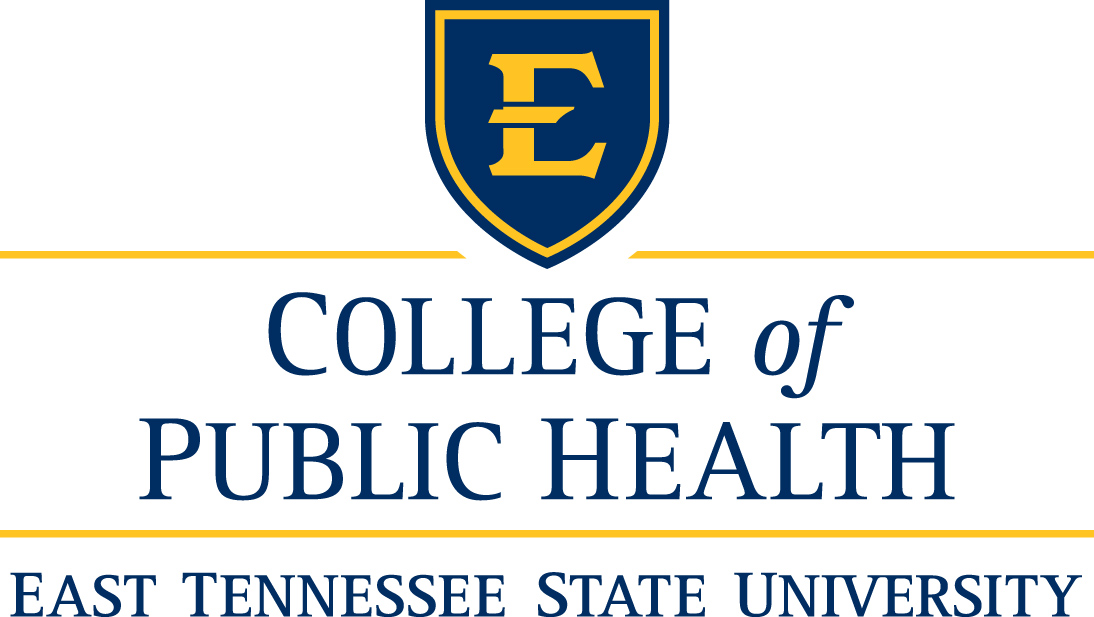Abstract
Introduction: Colorectal cancer is the second leading cause of cancer deaths among men and women in West Virginia. In addition, 51% of all colorectal cancers diagnosed in West Virginia from 2012 to 2016 were detected at either regional (31%) or distant (20%) stages indicating a need for improved early detection.
Methods: West Virginia University Cheat Lake Physicians participated in the West Virginia Program to Increase Colorectal Cancer Screening, a program of Cancer Prevention and Control at the WVU Cancer Institute. As a result, Cheat Lake Physicians assembled a team of health care professionals to implement evidence-based interventions and system changes including provider assessment and feedback, patient reminders, accurate data capture, and tracking of CRC screening tests.
Results: These efforts resulted in a 15.8% increase in colorectal cancer screening rates within one year of implementation. Additionally, the clinic achieved a 66% return rate for Fecal Immunochemical Test kits, an inexpensive, stool-based colorectal cancer screening test.
Implications: The utilization of a team-based approach to patient care yields positive results that can be carried over to other cancer and disease prevention efforts in primary care clinics.
DOI
https://doi.org/10.13023/jah.0303.07
Creative Commons License

This work is licensed under a Creative Commons Attribution 4.0 License.
Recommended Citation
Wright LE, Baus A, Calkins A, et al. Case Study of a Comprehensive Team-Based Approach to Increase Colorectal Cancer Screening. J Appalach Health 2021;3(3):86–96. DOI: https://doi.org/10.13023/jah.0303.07





Social Media Links